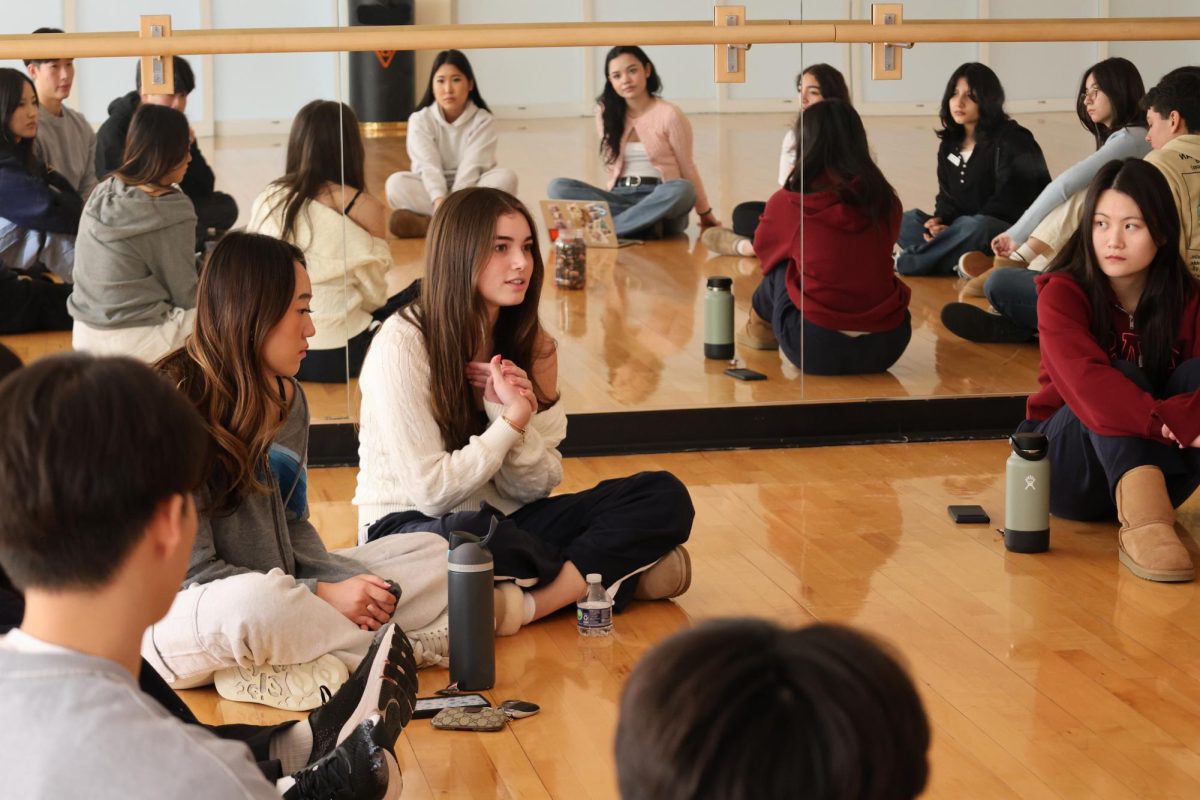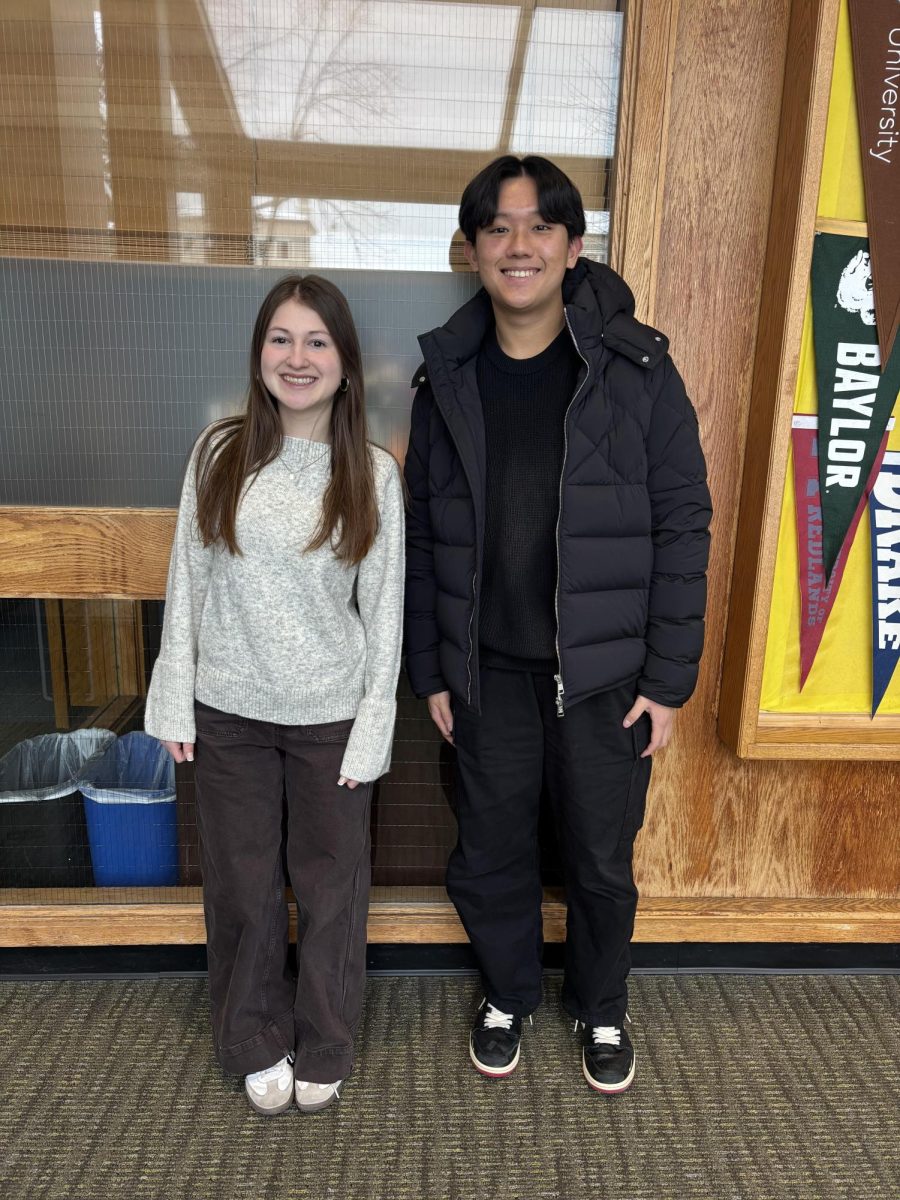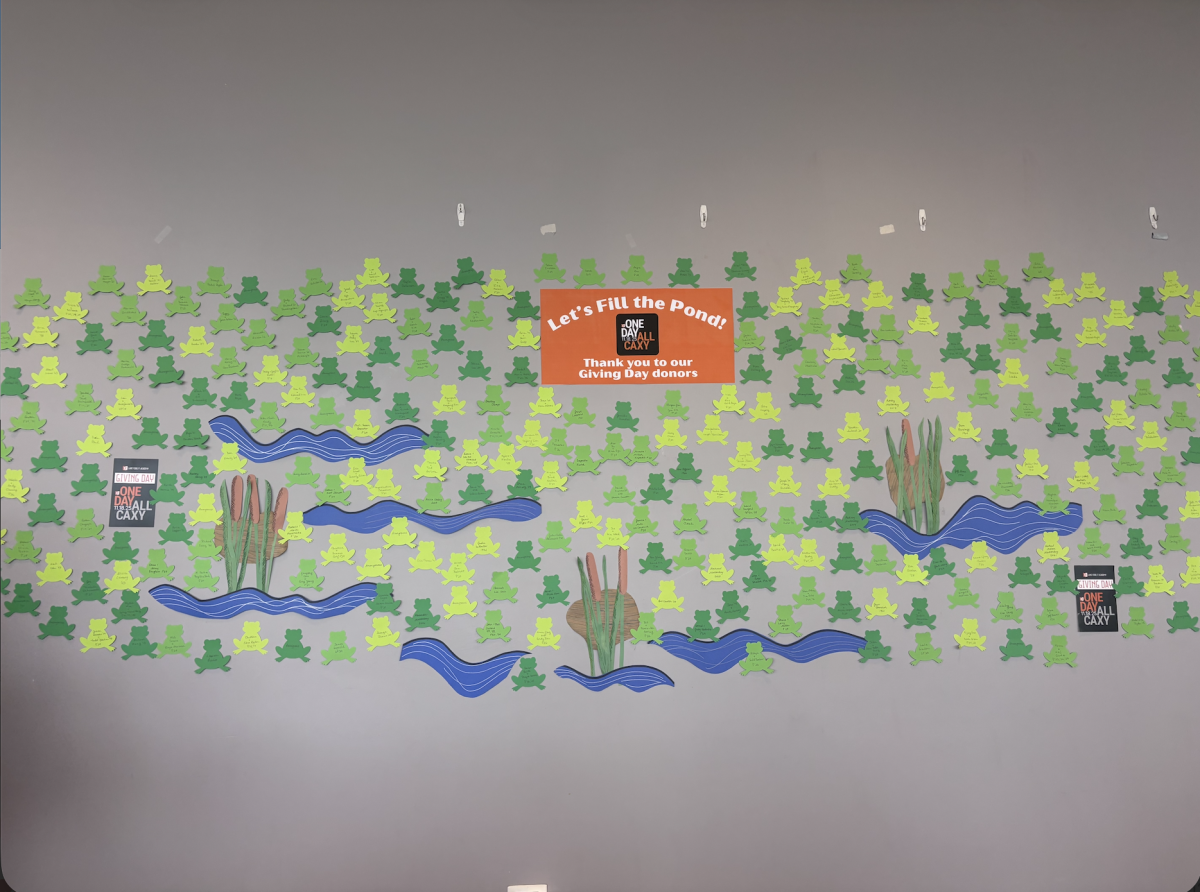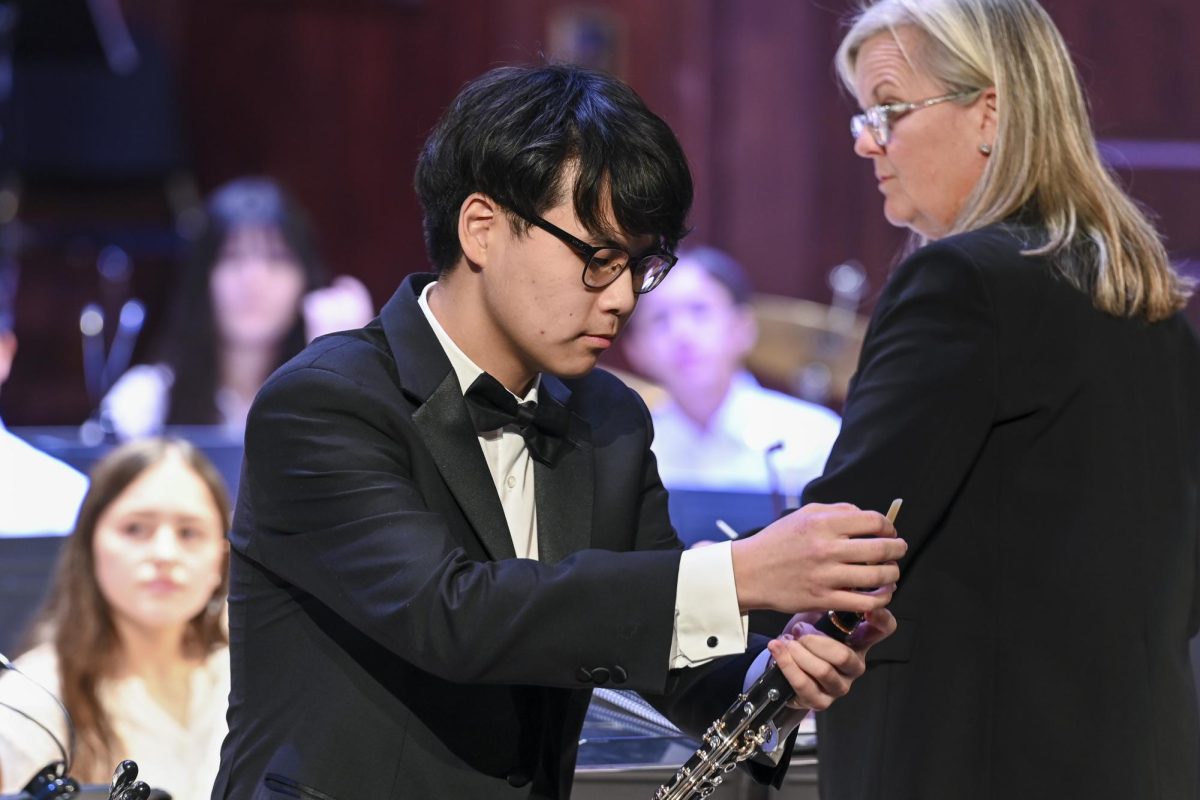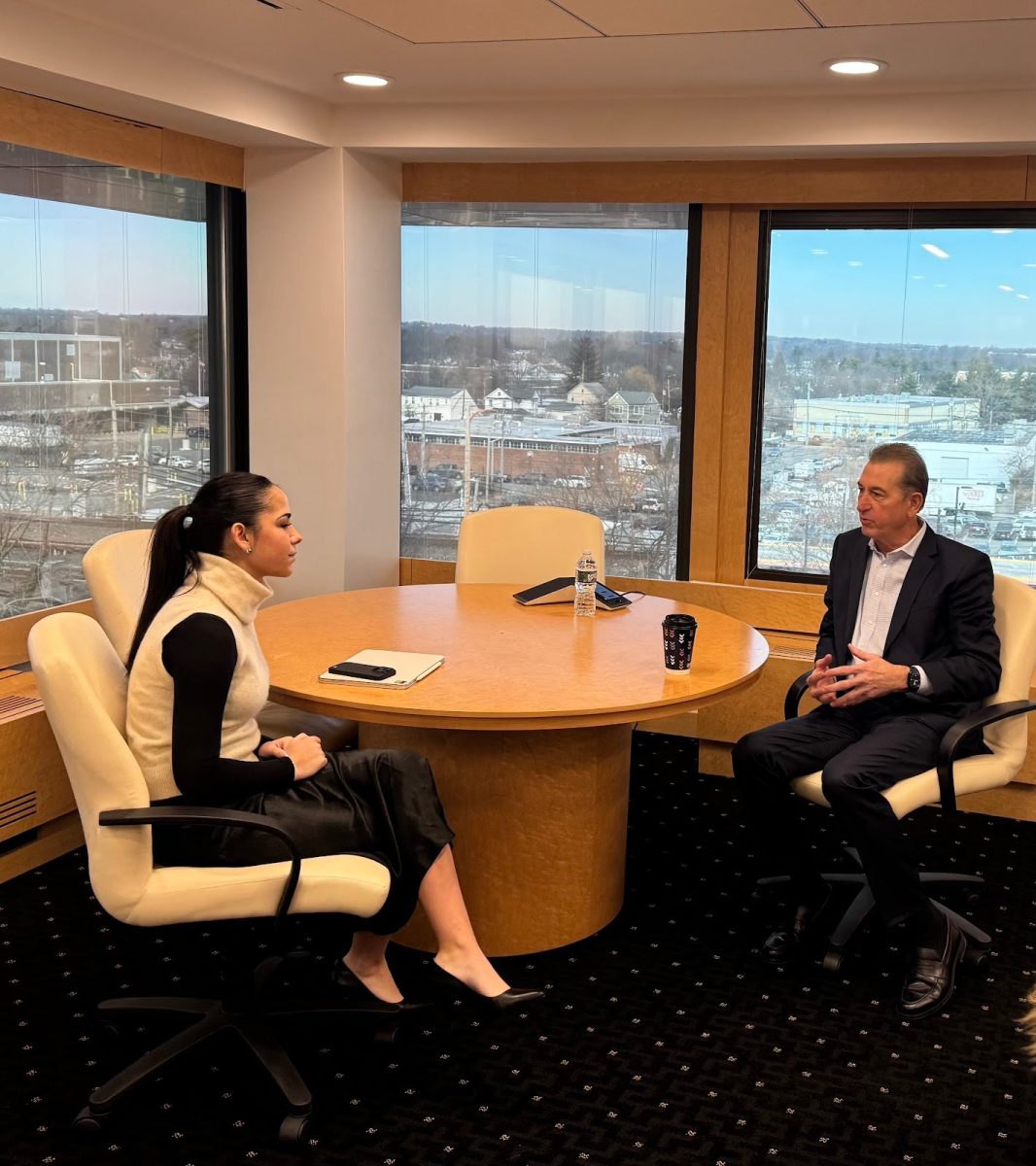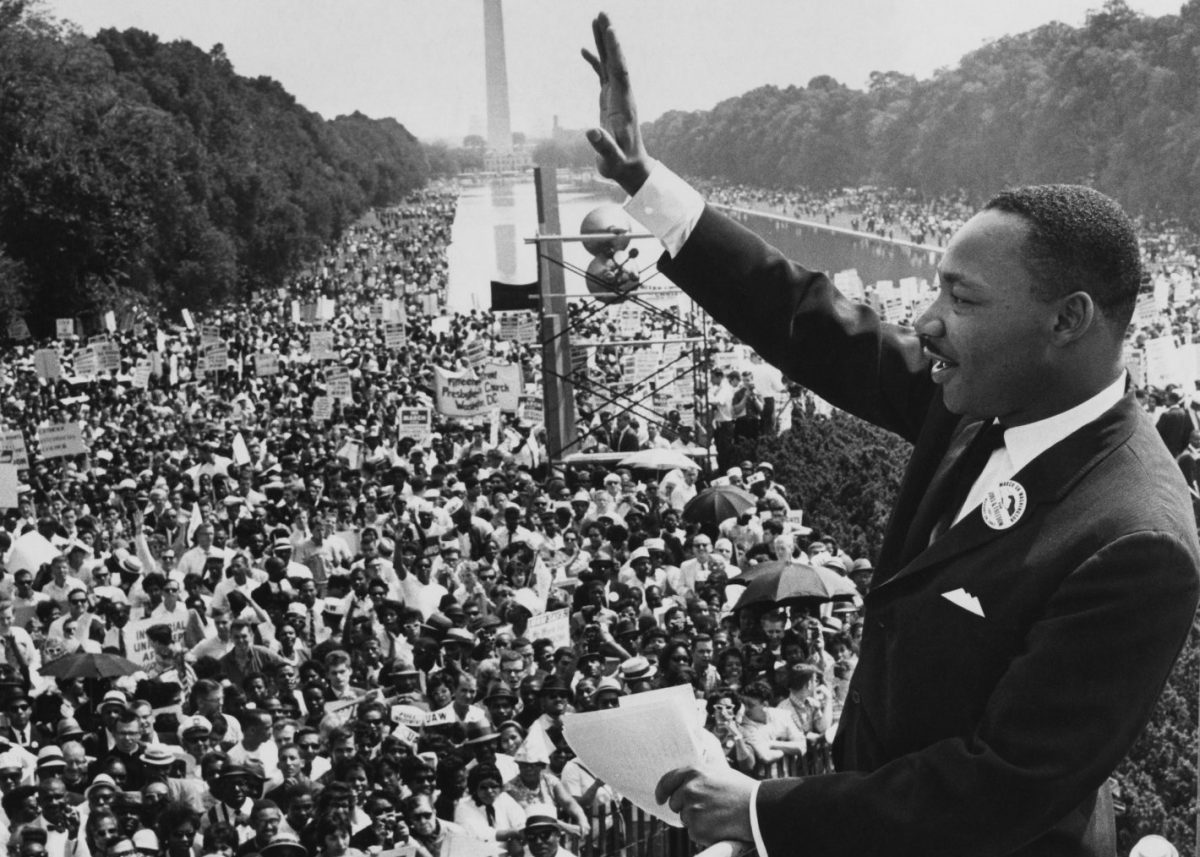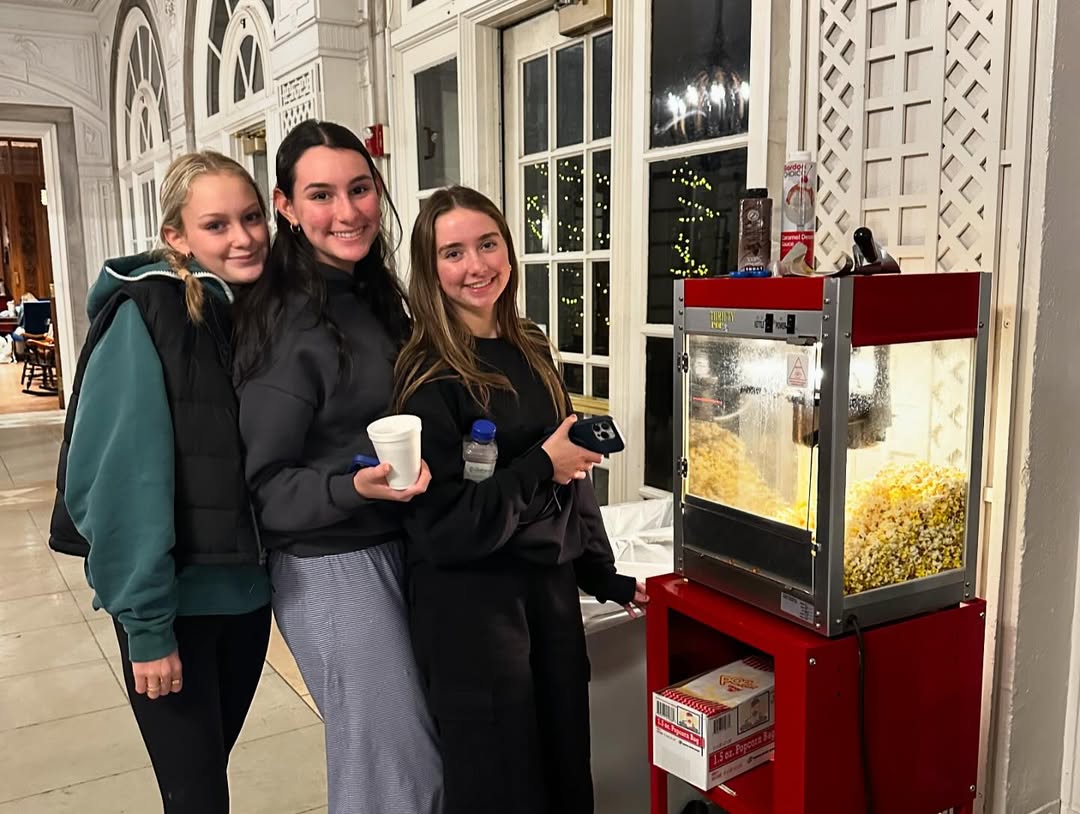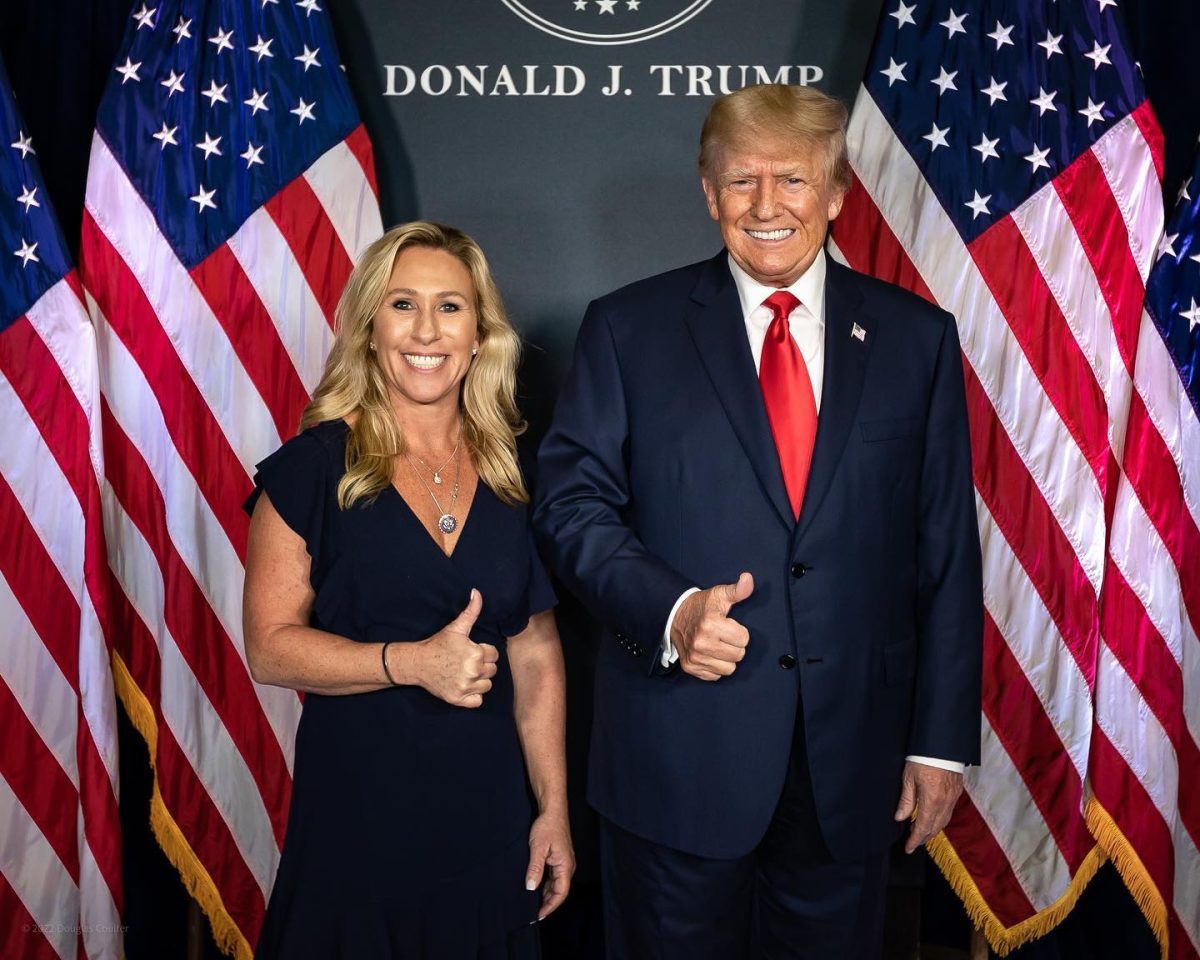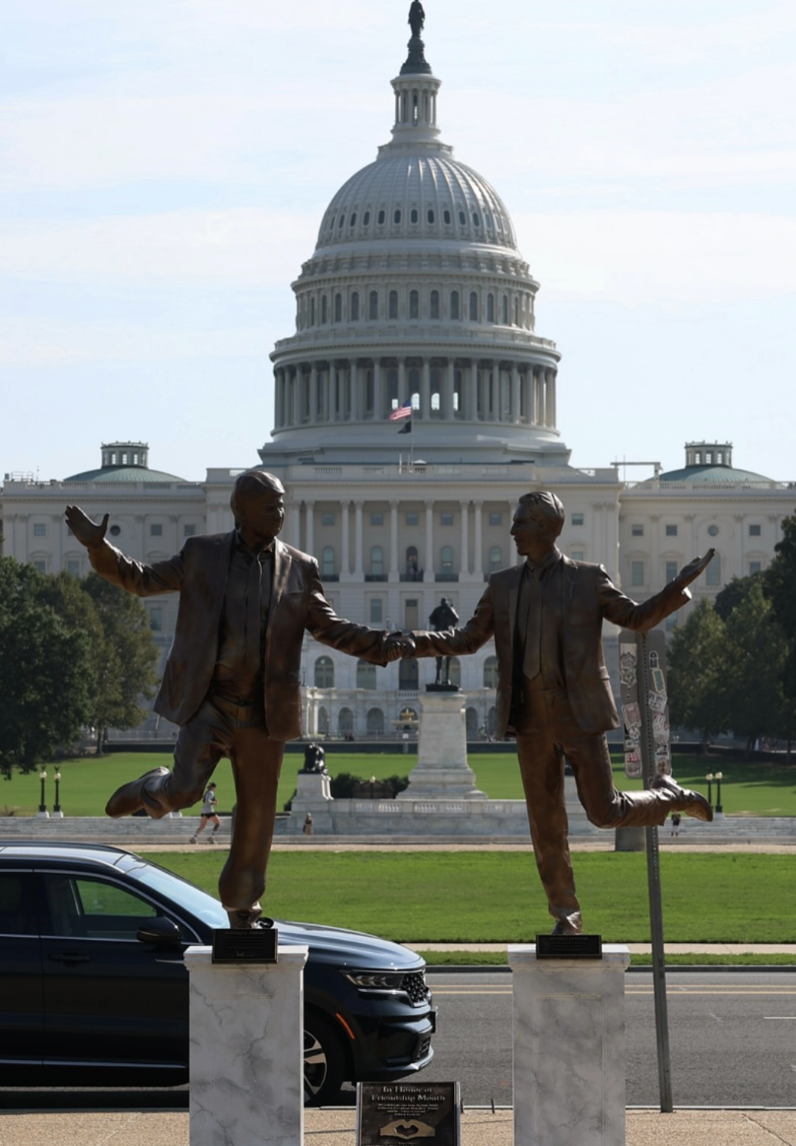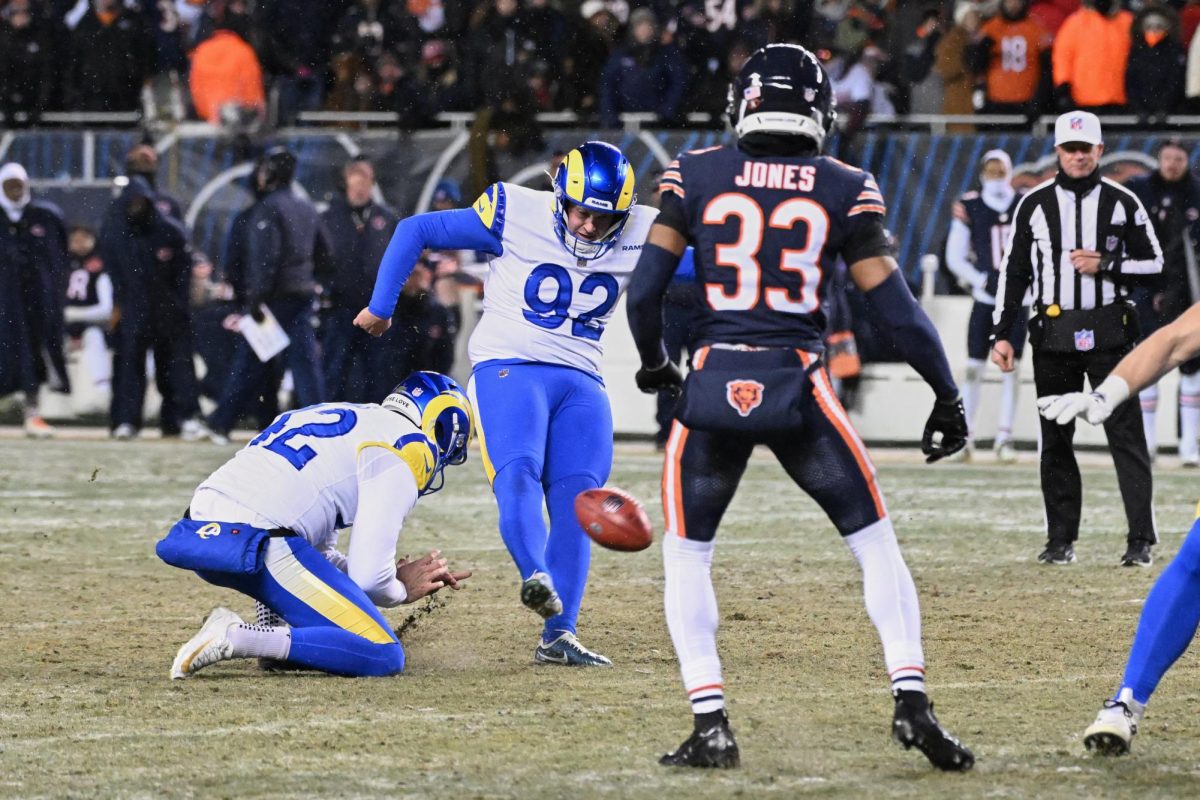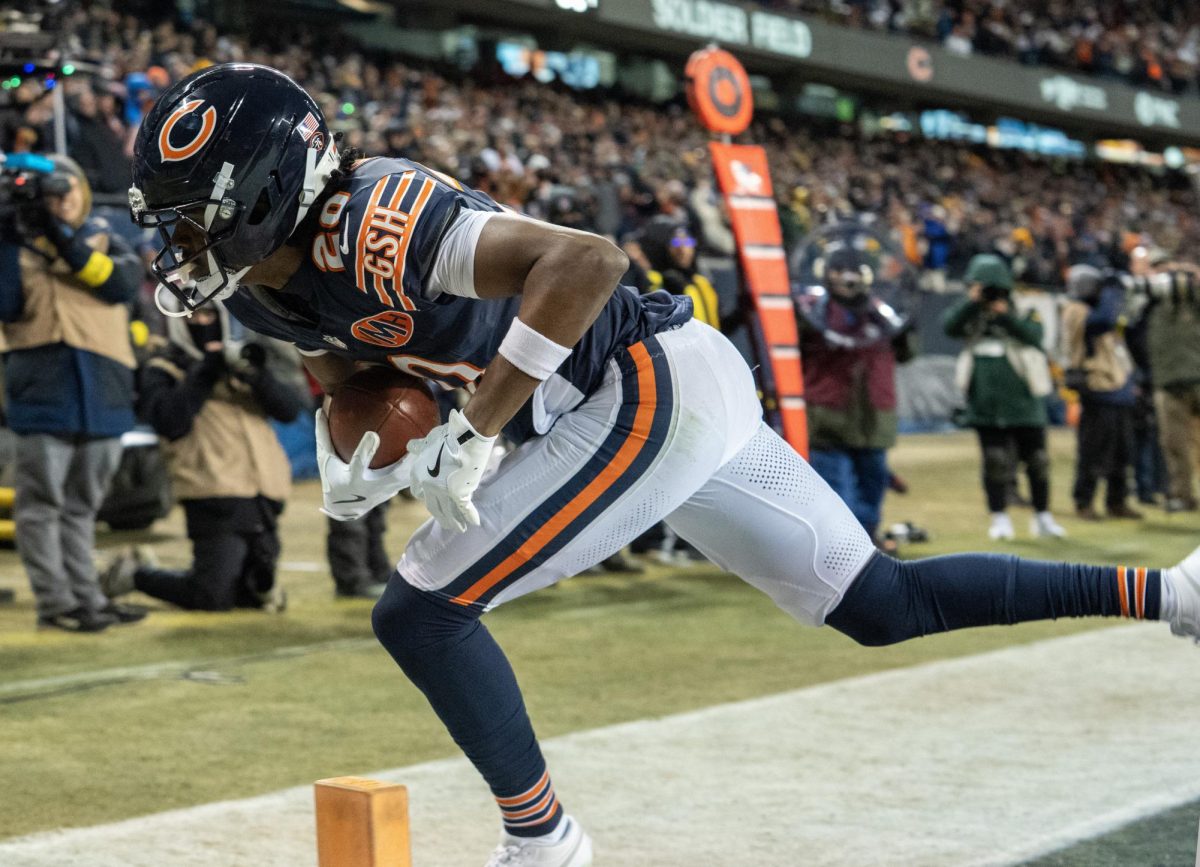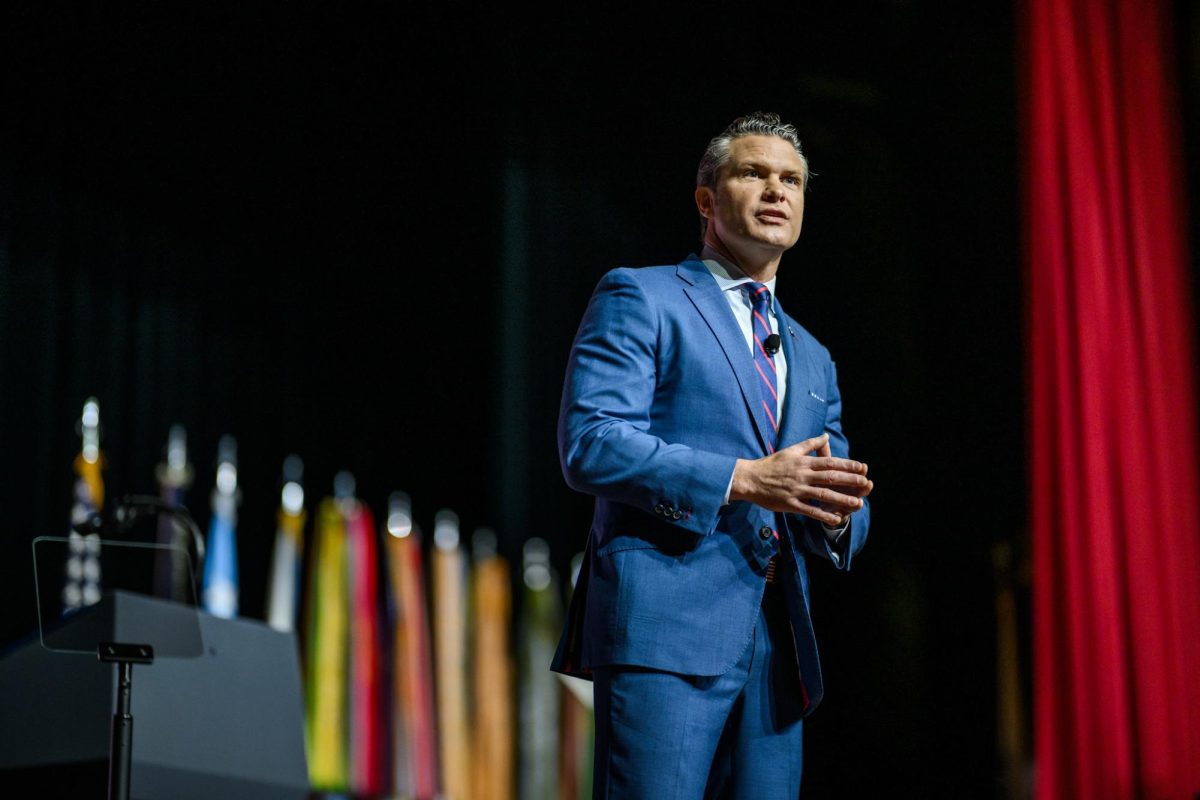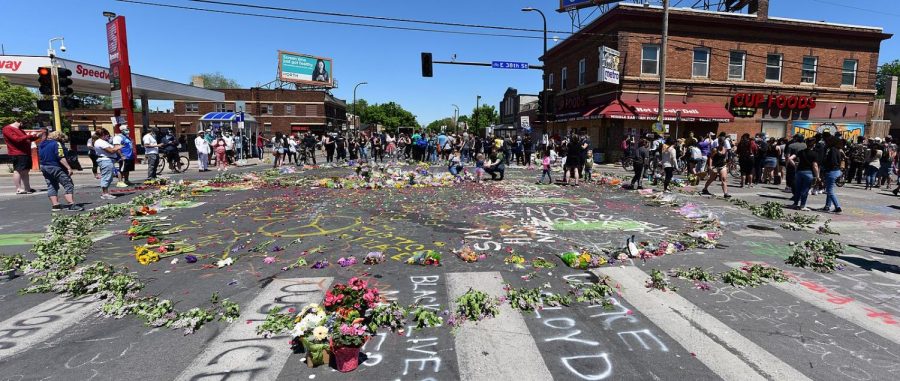The Trial of Dereck Chauvin: The Hope for Accountability
Photo by Wikimedia Commons
A public memorial of George Floyd in Minnesota.
May 4, 2021
After the killing of George Floyd on May 25th, 2020, the world exploded in action and protest. Months after his death, Dereck Chauvin, the officer who kneeled on Floyd’s neck for nine minutes and twenty-nine seconds, has been on trial. The entire world waited for this trial, and it was evident when watching it; there was tension and an eerie feeling in the courtroom that exuded from the screen. Everyone in that courtroom knew their immense duty and the importance of the trial.
Chauvin’s trial was very different from an average trial. On top of the case being a cultural and historical moment, COVID-19 was also a major factor to consider. Firstly, the trial was live-streamed in full on news outlets, which is extremely rare. There were also no masks with slogans printed on them allowed in the courtroom, and only one member of Chauvin or Floyd’s family was allowed in the courtroom at a time. These new rules were important in preventing more conflict, and show how powerful this case is.
Chauvin was charged with second-degree unintentional murder (up to 40 years), third-degree murder (up to 25 years), and second-degree manslaughter (up to 10 years). This meant that Chauvin could have been convicted with all, some, or none of these by the jury.
The content of the trial consisted of seven witnesses from the defense, and 38 witnesses from the prosecution. The defense of Chauvin was essentially trying to prove three things: that Floyd died from drug and health problems, not Chauvin’s force; that Chauvin’s use of force was ugly but justified; and that a hostile crowd of bystanders distracted Chauvin. On the other side, the prosecution against Chauvin was trying to prove the opposite: that Chauvin’s excessive use of force directly caused Floyd’s death. The prosecution used multiple videos of Chauvin’s actions, analyses by policing experts, and medical testimonies to show that Floyd died due to Chauvin’s restraint.
Not surprisingly, there was conflict between the evidence shown by both sides. Disagreements arose as to whether Chauvin’s use of force was justified under Minnesota police policy. There were also contradictions between medical professionals about whether Floyd died due to homicide or the fentanyl in his system, causing a cardiac event.
After the testimonies, Chauvin decided to invoke the fifth amendment and not testify in front of the jury. This shocked many, as his testimony was expected to help his case the most. The public did not hear much from Chauvin during the case, except for his statement that his decision to invoke the fifth was his alone.
A trial as national as this has an impact on people around the world, and also on people much closer to home. Faculty leader of BSU and Social Science teacher, Akim Mpofu, stated that the trial was triggering to watch in full. He couldn’t help but imagine that Floyd could have been him or one of his brothers. When asked about the impact it has had, he said, “Never before in my life have I seen a case as symbolic to black oppression and police brutality around the world.” He hopes that because of its importance, people will continue a dialogue surrounding injustice and engage in what it means for the people affected most.
On April 20th, after the jury spent only ten hours of deliberation over two days, Dereck Chauvin was found guilty by the jury on all three charges against him. While a sentence has not been determined yet, Chauvin could face up to forty years in prison.
As members of the LFA community and residents of the United States, it is important to keep learning about the things that led to this historical case. It is essential to recognize the impact it has had on the globe and on the people around us, as it will have an impact on modern American history.


